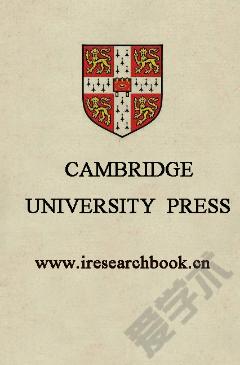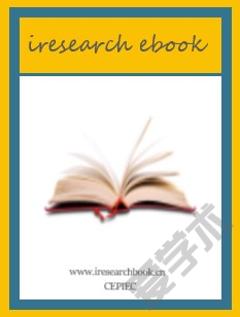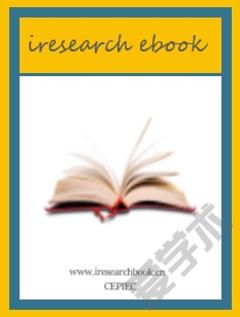D. H. Lawrence: The Novels
Since his death in 1930, D. H. Lawrence has become not only one of the most controversial English novelists of the twentieth century, but also one of the most widely read and quoted writers in the language. In this new study of his major fiction, Alistair Niven revalues all the novels, tracing Lawrence's development through them, both as an artist and as a thinker. At the centre of the book Dr Niven discusses The Rainbow and Women in Love as the diverse products of a single creative intention, nothing less than an exploration of where modern man is going. Lawrence's early novels, The White Peacock and The Trespasser, receive exceptionally close scrutiny. There are also full-length chapters on Lawrence's well-known fiction of sexual self-discovery, Sons and Lovers and Lady Chatterley's Lover. The 'travel' novels - The Lost Girl, Aaron's Rod, The Plumed Serpent and especially the Australian novel Kangaroo, which the author believes has been seriously underestimated by previous critics - are given prominence as evidence of Lawrence's restless desire to find a superior set of values to those he believed had failed in England. Dr Niven's conclusions are derived solely from his close reading of the novels themselves and, when relevant, from Lawrence's correspondence and short stories. This study, with its unusually lively and commonsense approach, confirms Lawrence as not only a great novelist, but a central figure in the development of the modern mind.
{{comment.content}}








 京公网安备 11010802027623号
京公网安备 11010802027623号